Is Dandruff Contagious? Causes, Treatments, & Myths About It
It's time to bust this misconception and clear your scalp with the right treatment!
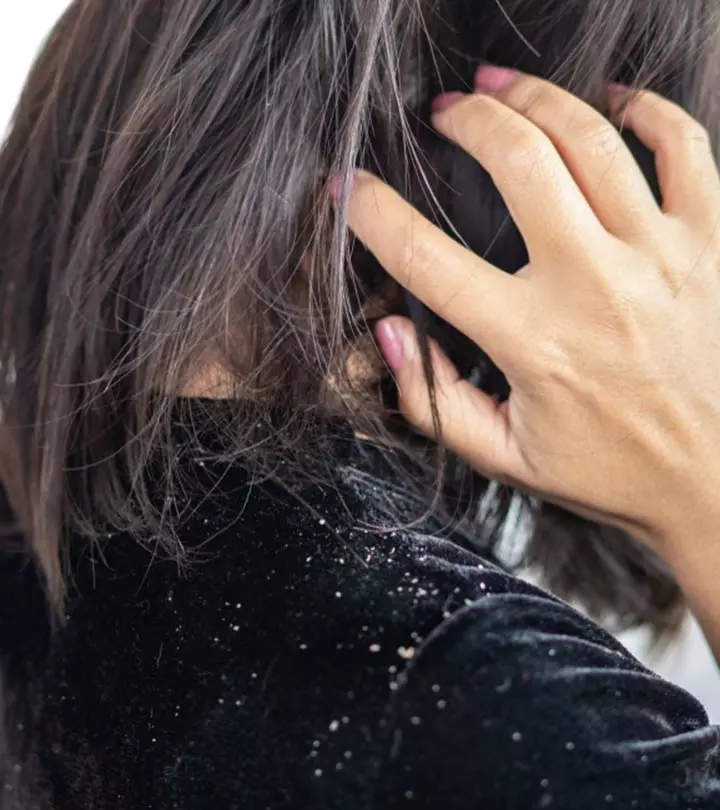
Image: Shutterstock
Dandruff is a common scalp condition affecting almost half of the population around the world (1). But is dandruff contagious? The good news is it is not. But it can put you in an embarrassing situation.
This pesky scalp condition is characterized by yellow-white flakes where your scalp becomes red and scaly. Those flakes can make your scalp itchy, cause discomfort, and trigger you to scratch your scalp, causing hair breakage and hair loss.
Hence, this scalp condition should be treated at the earliest. This article explores what causes dandruff, the common myths associated with it, and how to treat it effectively. Scroll down for more information.
In This Article
Is Dandruff Contagious?
No, dandruff is not contagious! You can not catch it or pass it on to others. It is a common misconception that dandruff can spread from one person to another due to proximity or sharing of pillows or combs.
Dandruff is not a serious skin condition and is also not caused by unhygienic scalp conditions. Scroll down to learn what exactly causes dandruff.
Key Takeaways
- Dandruff is caused due to the overgrowth of a yeast-like fungus called Malassezia.
- Over-shampooing and frequent brushing the hair can trigger dandruff.
- Shampooing twice or thrice a week can keep the scalp clean, balance the pH levels, and prevent Malassezia overgrowth.
What Causes Dandruff?
Dandruff or seborrheic dermatitis is caused due to the overgrowth of a yeast-like fungus called Malassezia (2). This fungus naturally occurs in all warm-blooded animals, including humans. It feeds on the natural oils or scalp sebum. As a result, white and oily flakes may clump together and flake off as dandruff from the scalp.
While Malassezia may cause dandruff, there are multiple factors responsible for promoting its overgrowth. This includes using harsh products, frequent combing, shampooing, stress, weakened immune system, exposure to sunlight, and hormonal changes, which can all contribute to various scalp problems.
Seborrheic dermatitis is a skin condition that affects the scalp and causes dandruff. They have the same features and respond to the same treatment. However, the severity and the area they affect might differ. Seborrheic dermatitis is an inflammatory skin condition that affects the seborrheic areas of your body, including the scalp. It may also affect other body parts, like the face, upper chest, and the area around the ear and the neck. When on the scalp and is accompanied by mild flaking and inflammation, it is commonly called dandruff (3).
Often, due to the lack of proper information and proper scientific research, myths are circulated about dandruff and its side effects. In the next section, we have debunked some of those common myths.
Common Myths Associated With Dandruff
Myth 1: Poor Hygiene Causes Dandruff
Truth: No, poor hygiene does not cause dandruff. In fact, over-shampooing and frequent brushing can trigger dandruff. On the other hand, not shampooing regularly can also cause product buildup, oily scalp, and excess dead skin cells, triggering Malassezia overgrowth, causing dandruff and scalp acne.
Myth 2: Dry Scalp Is Prone To Dandruff
Truth: No. Dry scalp and dandruff share the same symptom – flakiness. However, both are different. Dandruff is caused by fungal growth and dead cell and oil buildup. On the other hand, a dry scalp may be caused by a lack of moisture, harsh shampoos and conditioners, and styling products.
Myth 3: Dandruff Causes Hair Loss
Truth: No, dandruff does not cause hair loss. Frequent brushing and scratching your itchy scalp can damage your hair roots, causing hair fall and breakage. Hair fall can also be triggered by underlying issues like stress, lack of proper nutrition, and any medical condition.
Myth 4: Regular Shampooing Can Get Rid Of Dandruff
Truth: No. Over-washing can further irritate the scalp and strip the natural oils and cause hair fall and breakage. Shampooing twice or thrice a week can keep the scalp clean, balance the pH levels, and prevent Malassezia overgrowth. Also, you need medicated shampoos to get rid of dandruff.
Medicated dandruff shampoos are effective as they contain ingredients that may eliminate dandruff. They are available either on prescription or as OTC products.
 Pro Tip
Pro TipHow Can I Treat Dandruff?
Here is a list of OTC products and ingredients that may help clear dandruff (5).
| Anti-Dandruff Shampoos | How They Work |
| Nizoral (contains ketoconazole) Loprox (contains ciclopirox) | Ketoconazole and ciclopirox are antifungal ingredients that can eliminate the dandruff-causing fungus, making them very effective against dandruff. |
| Sebex Neutrogena T-Sal (contains salicylic acid) Selsun Blue (contains selenium sulfide) | Sulfur or salicylic acid-based shampoos can dissolve scales from the scalp and eliminate dandruff flakes. These keratinolytic agents prevent hardening of the scalp. Selenium sulfide is an antimicrobial agent that reduces Malassezia growth. However, it might leave the hair oily or greasy. Tip: Always use a conditioner as these products might dry out the scalp. |
| Head & Shoulders (contains zinc pyrithione) | Zinc pyrithione has antifungal and antibacterial properties. It controls oil production and exfoliates the scalp removing flaky dandruff. |
| Neutrogena T-Gel and Zetar (contain coal tar) | Tar-based products prevent microbial growth and remove dandruff flakes. However, they can stain easily. Hence, they may not be suitable for blonde or light-colored hair. |
| Clobex (contains Clobetasol) | Corticosteroids are effective in reducing inflammation. |
How To Use
| |
You can find a detailed list of the best drugstore anti-dandruff shampoos here. You may read this article if you are looking for home remedies.
However, you can also try managing dandruff at home with certain ingredients. Check out the section below to learn more about these home remedies
Home Remedies For Dandruff
- Apple Cider Vinegar (ACV): Utilize ACV’s acidic properties to balance the scalp’s pH, reducing dandruff effectively.
- Coconut Oil: Coconut oil is known for its antimicrobial properties (6). It may alleviate dryness and flakiness, promoting scalp health.
- Tea Tree Oil: Tea tree oil exhibits antifungal properties (7). Blending it with a carrier oil can make a potent dandruff-fighting remedy.
- Aloe Vera Gel: Benefit from aloe vera gel’s soothing and moisturizing attributes for dandruff relief.
- Baking Soda: Gently exfoliate the scalp using baking soda to reduce dandruff and remove dead skin cells.
Consistently following these home remedies and overall scalp hygiene contributes to a healthier scalp, reducing dandruff.
 Pro Tip
Pro TipThese are the best products to treat dandruff. Are you wondering if these shampoos and home remedies cure dandruff forever? Scroll down to find out.
Can You Cure Dandruff Permanently?
No. You cannot cure dandruff, but you can control it with the remedies. As long as you follow the measures and use products to prevent Malassezia overgrowth, dandruff may not recur.
Hence, it is crucial to use the products regularly as a preventive measure. You can keep dandruff at bay with a good hair care routine. A blogger shared their experience with itchy scalp and dandruff in their blog. They mentioned that adding 3 drops of tea tree oil or rosemary essential oil or thyme essential oil to a tablespoon (15 ml) olive oil and applying it to the dry scalp for 10-30 minutes helped soothe and soften the scalp. Then she added, “My experience is that rosemary and thyme work very well as long as your skin isn’t overly sensitive to the essential oils. Tea tree oil helps some, but the scent aggravates my asthma (i).” Also, follow a healthy, active, and stress-free lifestyle. However, if the problem persists, consult a dermatologist.
Dandruff is a scalp condition caused by the overgrowth of the Malassezia yeast, which results in yellow-white flakes and an itchy scalp. While many people believe that this scalp fungus is contagious, in reality, it is not. In fact, myths such as poor hygiene cause dandruff are not true and are actually caused by product buildup in your hair. While you cannot permanently remove dandruff, you can use anti-dandruff shampoos that reduce yeast growth and remove flaky dandruff. If the problem persists, consult your dermatologist for further treatment.
Frequently Asked Questions
Can dandruff spread to the face?
Dandruff is a skin condition that only affects your scalp. If you have flaking on your face, it could be seborrheic dermatitis.
Does hot water cause dandruff?
Hot water does not cause dandruff. It might dry out your scalp and hair and may cause flaking.
The following video will tell you all you need to know about dandruff. Understand the reason behind its occurrence and discover practical solutions to get a flake-free healthy scalp. Check out the video now!
Personal Experience: Source
StyleCraze's articles are interwoven with authentic personal narratives that provide depth and resonance to our content. Below are the sources of the personal accounts referenced in this article.
(i). New Ideas For Itchy Scalphttps://science-yhairblog.blogspot.com/2013/04/new-ideas-for-itchy-scalp.html
References
Articles on StyleCraze are backed by verified information from peer-reviewed and academic research papers, reputed organizations, research institutions, and medical associations to ensure accuracy and relevance. Read our editorial policy to learn more.
- Revisiting dandruff
https://onlinelibrary.wiley.com/doi/full/10.1111/j.1467-2494.2006.00326.x - Malassezia Fungi Are Specialized to Live on Skin and Associated with Dandruff, Eczema, and Other Skin Diseases
https://www.ncbi.nlm.nih.gov/pmc/articles/PMC3380954/ - Seborrheic Dermatitis and Dandruff: A Comprehensive Review
https://www.ncbi.nlm.nih.gov/pmc/articles/PMC4852869/ - Melaleuca alternifolia (tea tree) oil: A review of antimicrobial and other medicinal properties
https://www.ncbi.nlm.nih.gov/pmc/articles/PMC1360273/ - Dandruff: The Most Commercially Exploited Skin Disease
https://www.ncbi.nlm.nih.gov/pmc/articles/PMC2887514/ - Antimicrobial potential of Cocos nucifera (coconut) oil on bacterial isolates
https://pubmed.ncbi.nlm.nih.gov/37594604/ - Antifungal activity of the components of Melaleuca alternifolia (tea tree) oil
https://pubmed.ncbi.nlm.nih.gov/12969301/ - Evaluation of hair conditioners ph change by apple vinegar addition
https://www.researchgate.net/publication/282875689_EVALUATION_OF_HAIR_CONDITIONERS_pH_CHANGE_BY_APPLE_VINEGAR_ADDITION
Read full bio of Dr. Shruti Chavan
Read full bio of Annie Jangam
Read full bio of Anjali Sayee
Read full bio of Swathi E






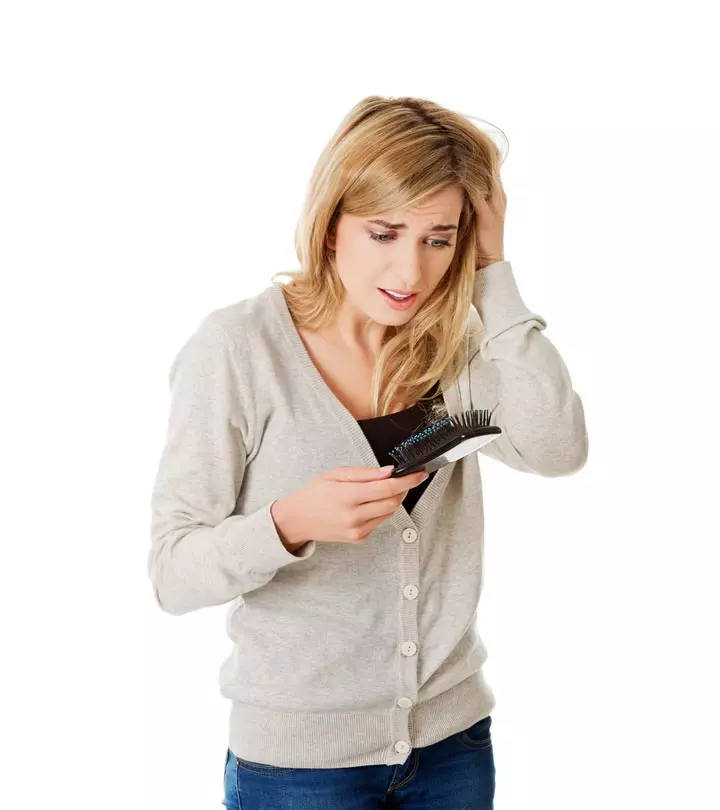
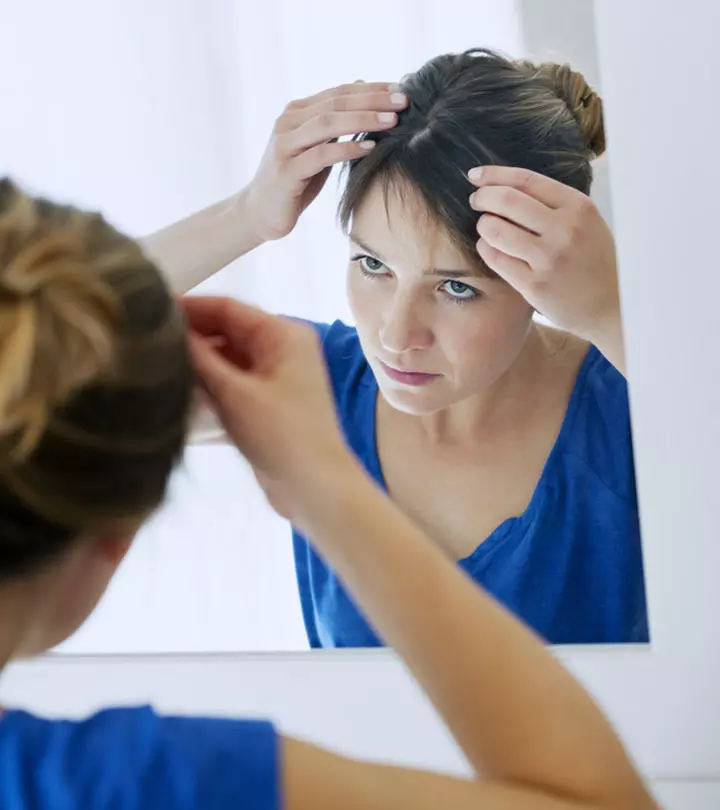
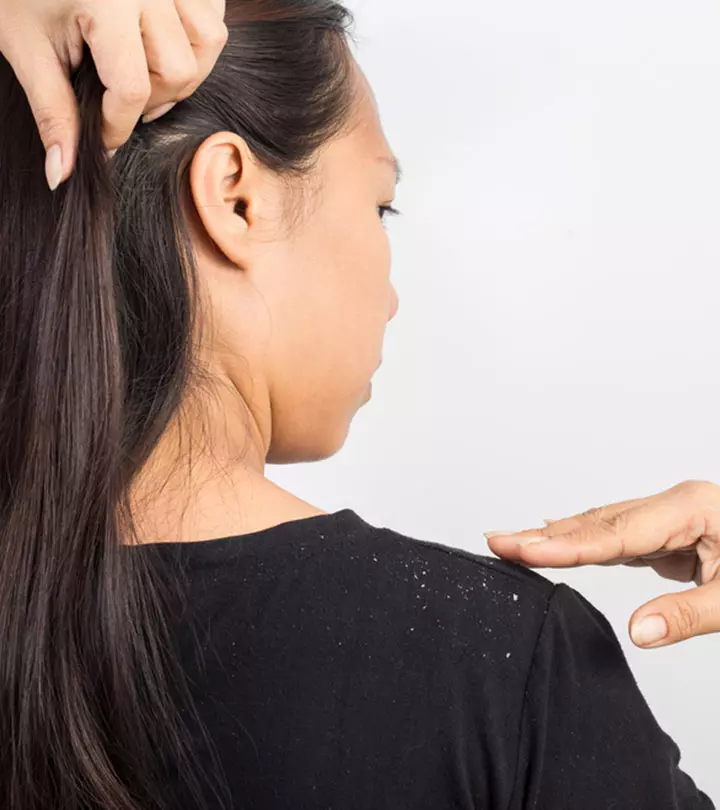
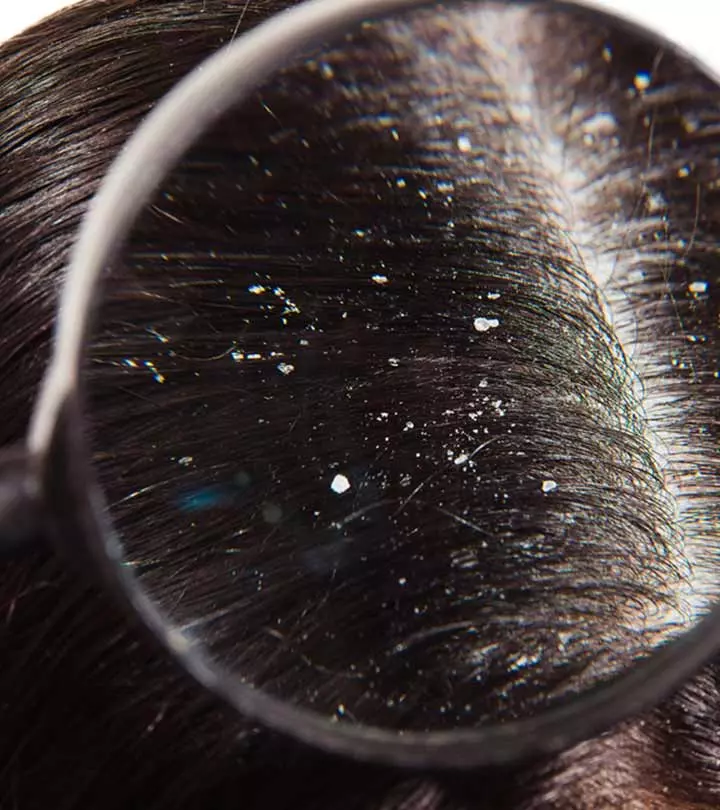
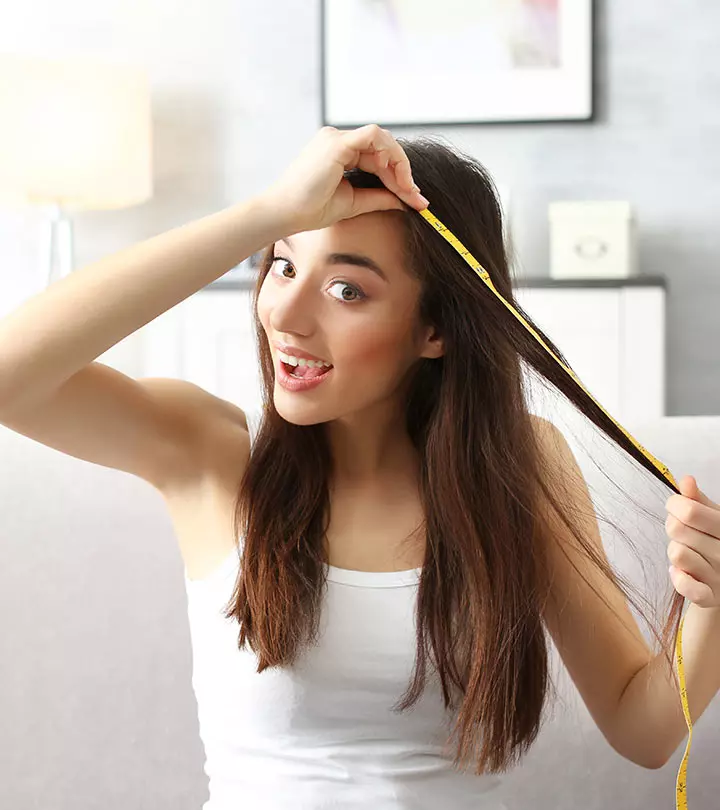
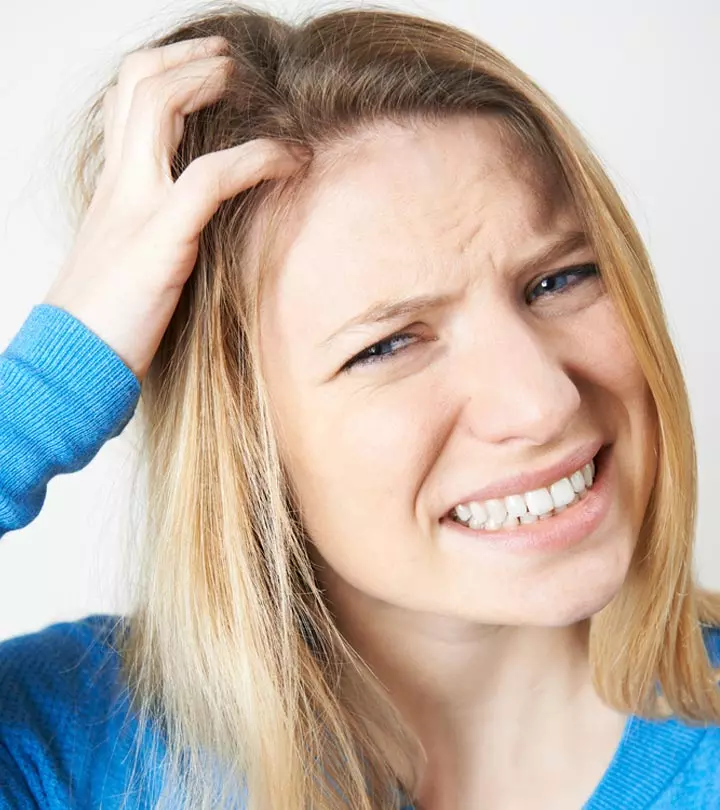
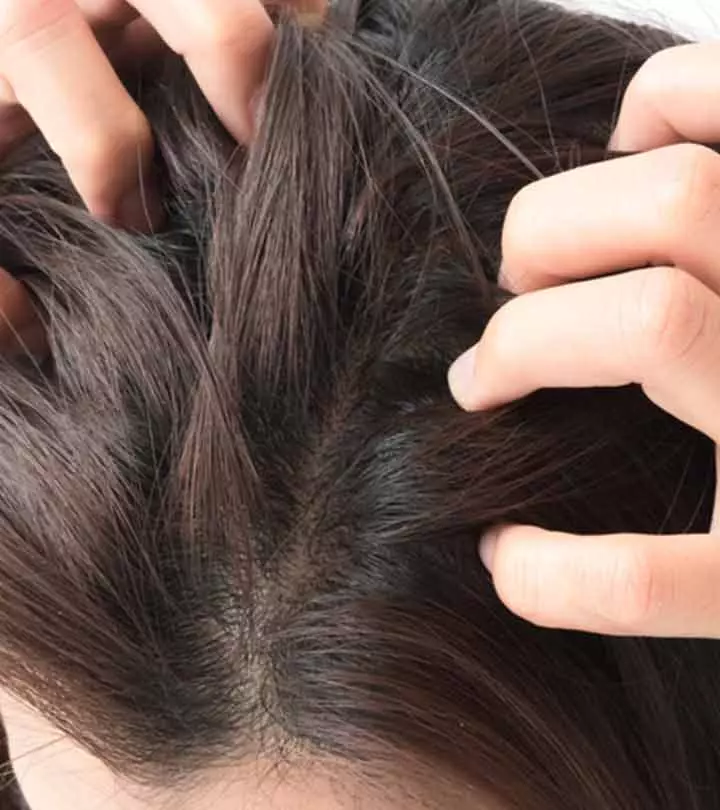
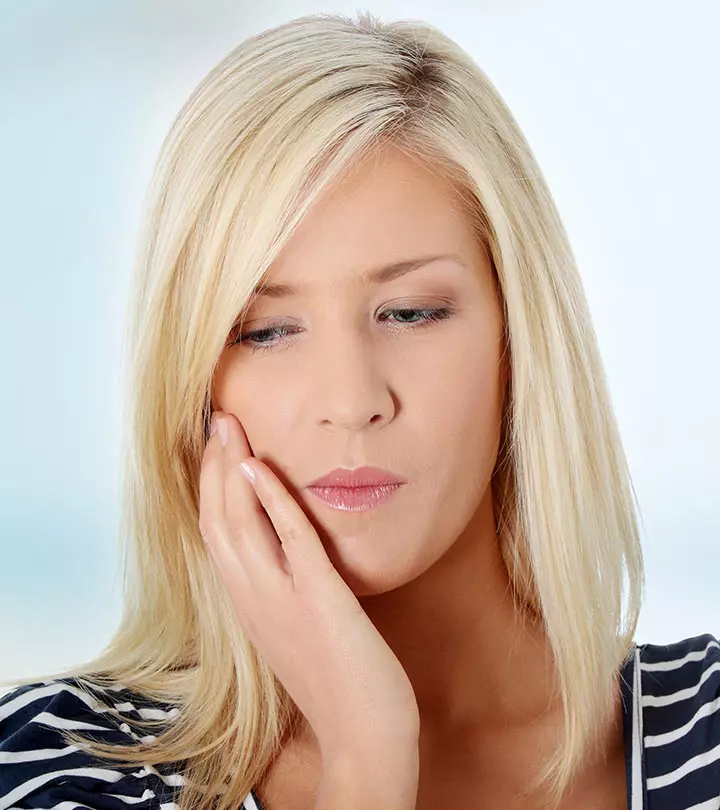


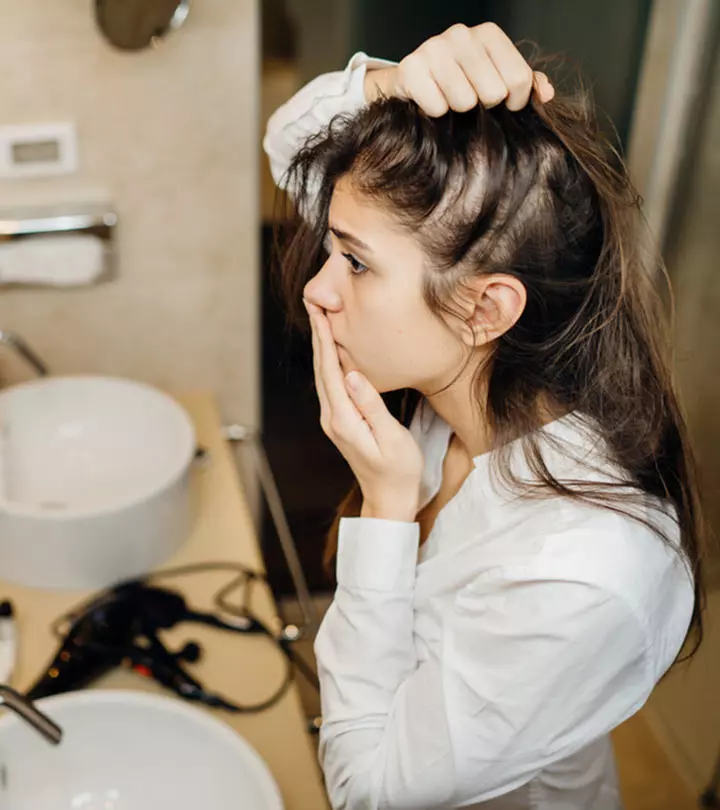
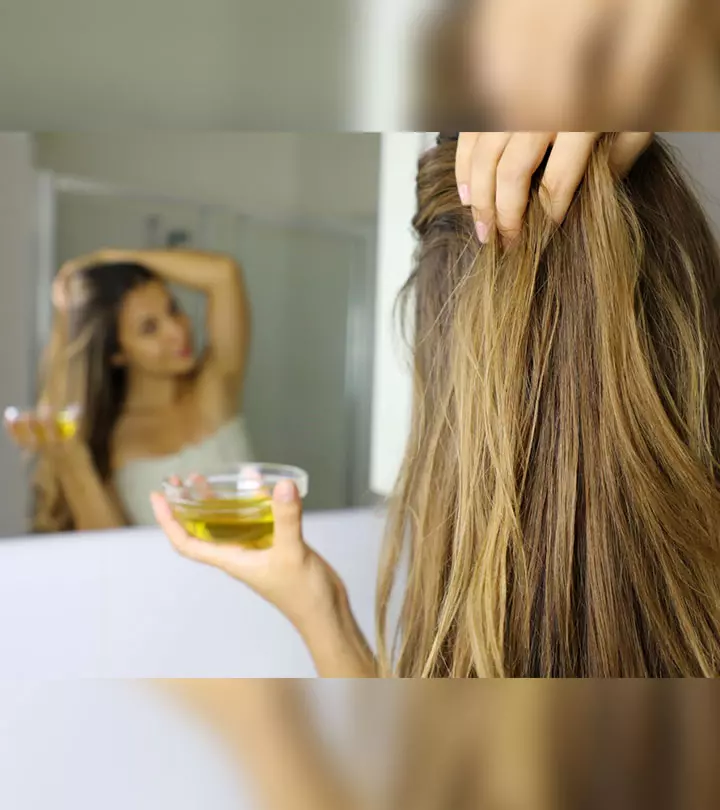
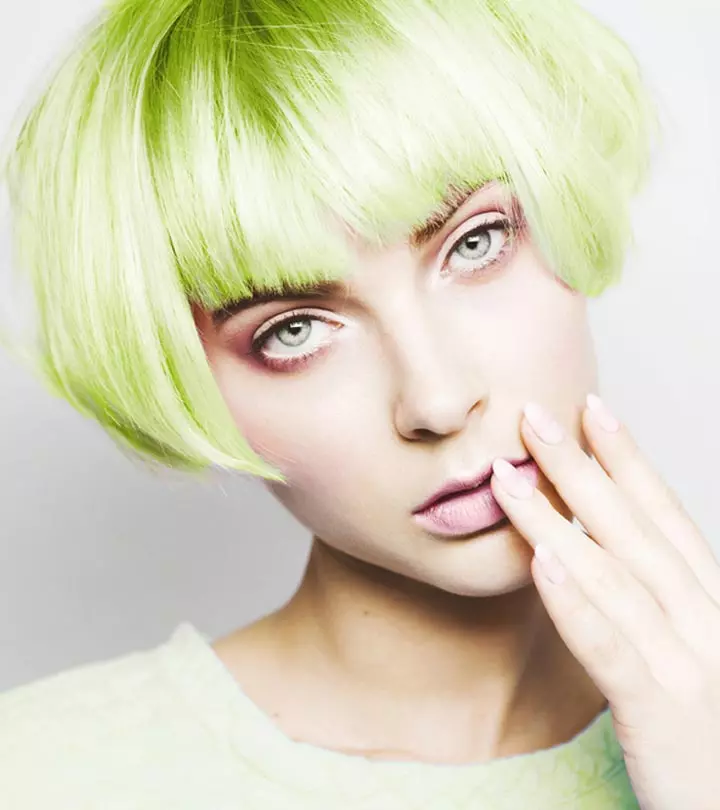
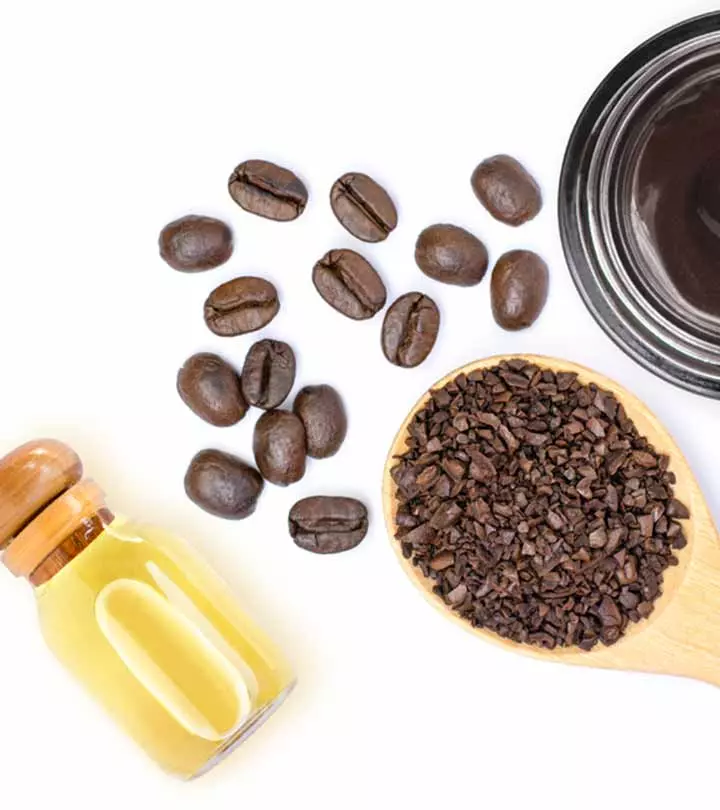
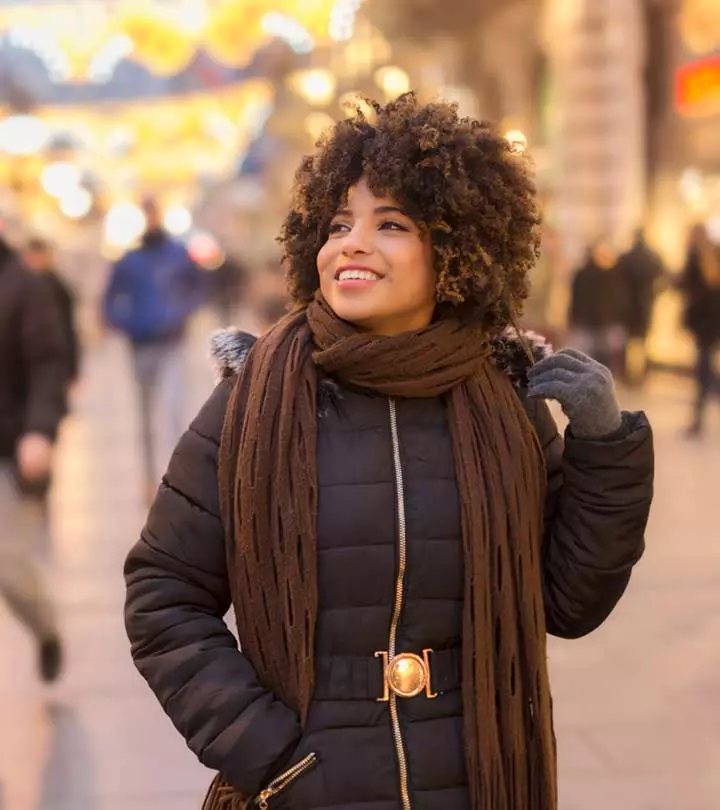
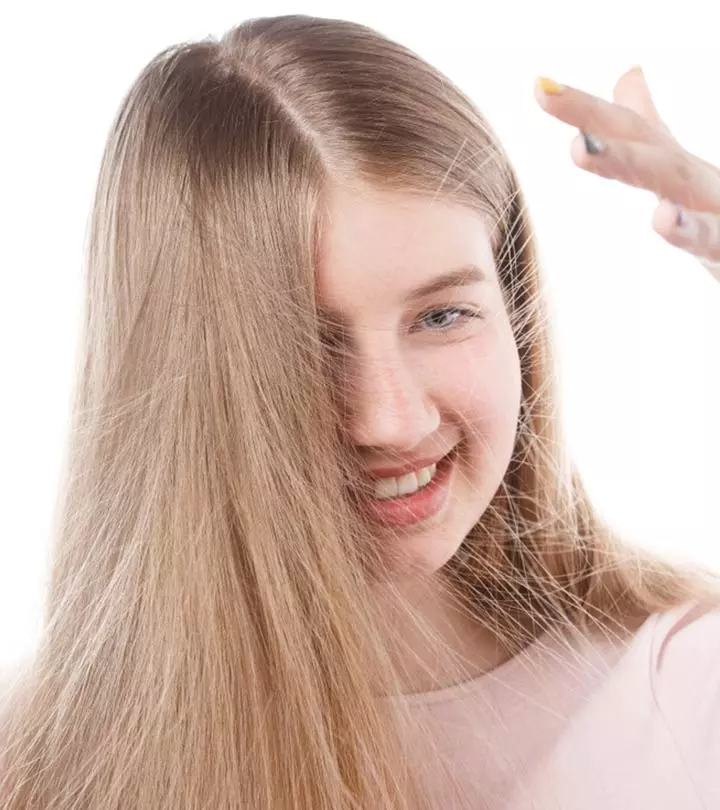
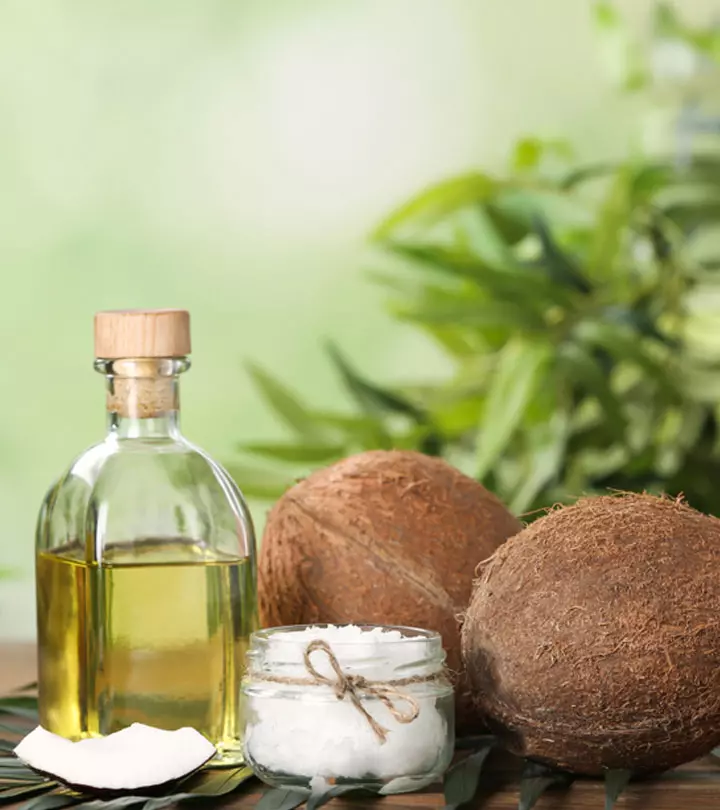
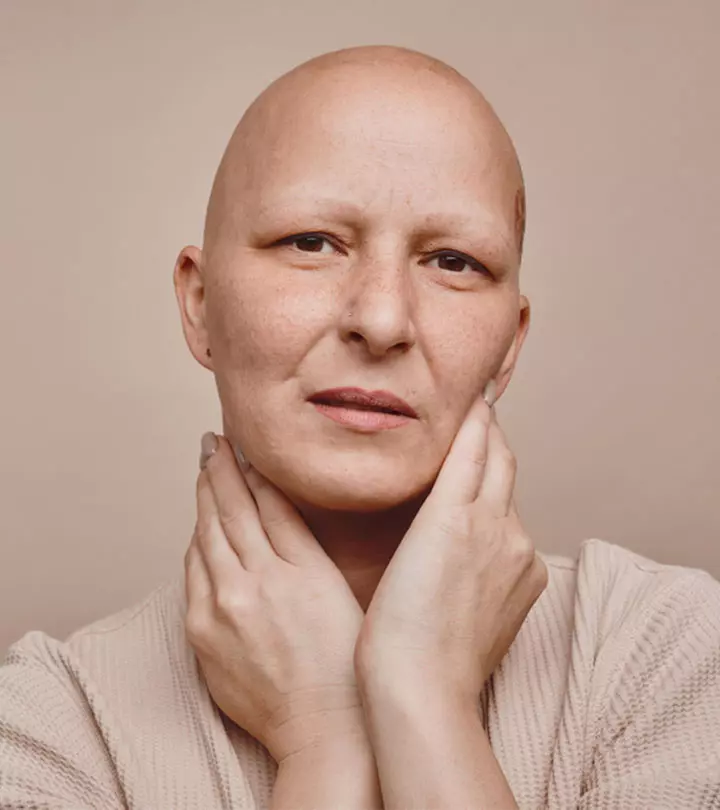
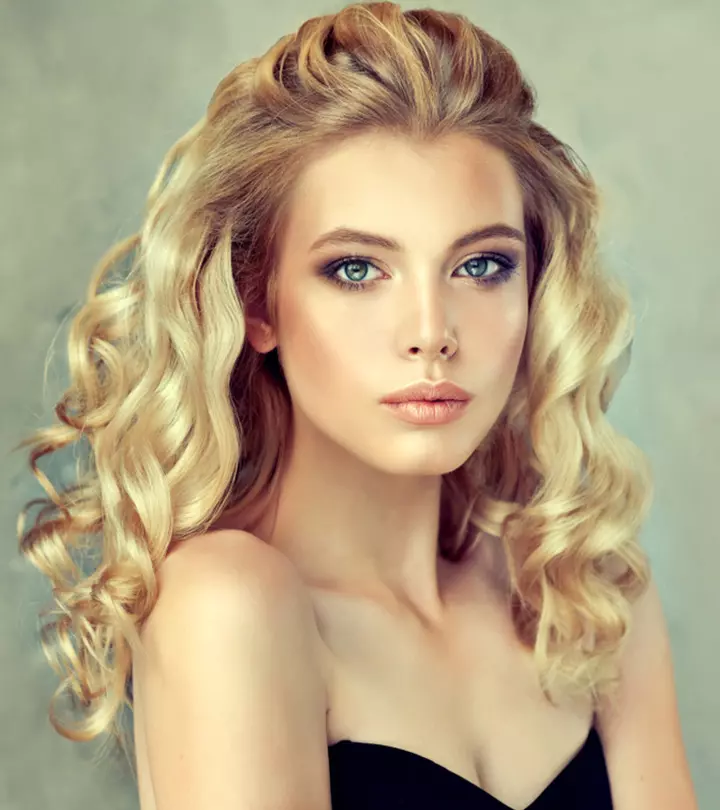

Community Experiences
Join the conversation and become a part of our empowering community! Share your stories, experiences, and insights to connect with other beauty, lifestyle, and health enthusiasts.